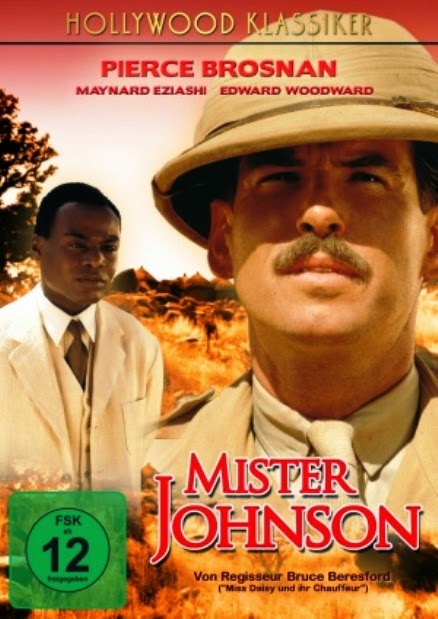If you could Frankenstein a bank together from the best banks that are getting aspects of customer engagement right today, would it be possible to construct a sort of best-practice bank?
~ From Building the Best-Practice Engagement Bank By Brett King (Author - Bank 2.0) and Alex Sion (Sapient Financial Services - Centre of Excellence).
Is there anything like Corporate Etiquette in Nigerian banks?
Do Nigerian banks have a code of conduct for public relations and corporate reputation?
Majority of Nigerian banks are actually mid-size banks (assets of $1 billion to $40 billion) by international rating of financial institutions and no Nigerian bank makes the list of the Top 10 Richest Banks in Africa.
Nigerian banks have failed to attract over 23 million Nigerian adults who prefer to keep their money at home because they don’t have bank accounts. Or they don't trust Nigerian banks?
What can the banks do to attract them?
Improving their corporate etiquette and treating both their customers and visitors with RESPECT.
What makes any bank rich is the size of the customers, because the more customers you have the more money you will have and that is why you see many Nigerian banks sending their marketers on the streets to chase and woo new customers. The customer is still king. And if you want influential customers, you must respect and treat every influential visitor like royalty, because the first impression matters to every visitor who may not be your customer at first visit.. Showing some respect goes a long way in impressing your visitors and turning them into customers. It was the word of mouth good public relations of Guaranty Trust Bank and Zenith Bank that attracted me to bank with them. And I always recommend them to everyone. Word of mouth is loudest in Nigeria and it is now a known fact that Influencer Marketing is not synonymous with word of mouth marketing (WOM), but influence may be transmitted in this manner. Thus WOM is a core part of the mechanics of Influencer Marketing. But many banks in Nigeria seem to be clueless about Influencer Marketing and fail to see the fact that what attracts more customers to a bank is not the aggressive marketing methods, but simple customer relations and public relations making up the corporate relations of the bank. And the corporate reputation of a bank depends on the corporate relations. Bad corporate relations causes bad corporate reputation. But many of the Nigerian banks take their corporate reputation for granted and you wonder whether if they even have any corporate etiquette. Only few banks in Nigeria can be commended for having the best corporate etiquette to guaranty the best corporate relations for the best corporate reputation and from word of mouth reports by customers of all the Nigerian banks, we can actually name the top ten banks with the best corporate etiquette in the following order.
- Guaranty Trust Bank
- Zenith Bank
- First Bank
- Standard Chartered Bank
- Stanbic-IBTC
- United Bank for Africa
- Diamond Bank
- Fidelity Bank
- First City Monument Bank
- Skye Bank
We recommend the Oxford University Centre for Corporate Reputation for the other banks that have not made the list.
Tweet


















